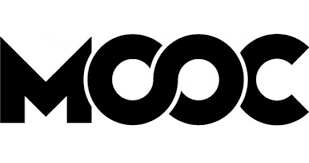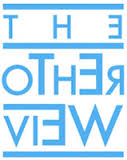Want to keep in touch with the subject of your liking? Want to do some formal course in the subject from some of the well- known universities and listening to some of the finest professors on the globe? Importantly want to do it sitting in your cozy couch sipping your favourite coffee?
If your answer to these questions is in affirmation, MOOCs can be the best option for you.
For the un-initiated, MOOCs or massive open online courses are the courses offered by various universities over Web. The term MOOC was coined in 2008 by Dave Cormier of the University of Prince Edward Island in response to a course called Connectivism and Connective Knowledge (also known as CCK08).
In India, the idea was first proposed by IISc Bangalore in the year 1999. Following that, video-based teaching material, NPTEL was set up during 2003-2007. As of March 2014, approximately 750 video courses and web-based courses have been developed by the faculty members of IITs, IIMs and IISc.
Coursera.org; edx.org; udemy.com are some of the sites that aggregate various courses from universities. All of them offer free registration on their site. Some courses are free and some are paid.
Usually these courses range from eight to twelve weeks.
One has to complete various stages to complete the course. Week wise video lectures, assessments, participation in online discussions, project submission, final test and peer review. After all this you get your final grades.
You search the subject that you are passionate about and the chances are you will find some course or the other that adds value to your current knowledge on the subject.
Self-directed learning, easy access, choice of subject, convenience, cost competitiveness (most of them are free) all these go in favour of MOOCs and all of us.
So do we see an increase in the number of courses being offered by various universities on these platforms?
According to the European Commission’s Open Education Europa initiative, as of January 2015 – there were over 3,842 MOOCs worldwide. The total Number of MOOCs grew 201% in 2014, and over the period 2013-2018, MOOCs are forecasted to grow at a CAGR of 56.61%.
The academic leaders however seem to be giving mixed signals.
Babson survey research group has some interesting findings in this regard. The group has been tracking opinions of academic leaders about online learning for 10 years now. They have started asking about MOOCs since 2012.
In 2012, 28 percent of respondents believed MOOCs were sustainable, while 26 percent thought they were not. In this year’s survey (2014), where they surveyed 2800 academic leaders, 16 percent believe MOOCs are sustainable, while 51 percent think they are not.
The academic leaders want to use the courses to improve institutional visibility and drive recruitment, discovers the survey.
Conclusion :
There has been lot of discussion and debate on the usefulness of MOOCs for the participants as well as for the institutions.
For the debate to turn favourable for both, there needs to be deeper penetration and wider choice.
Importantly, an acceptable measurement metric can enhance credibility of MOOCs for participants and for the institutions.
For me, I find MOOCs to be resource rich, convenient and of good value.


